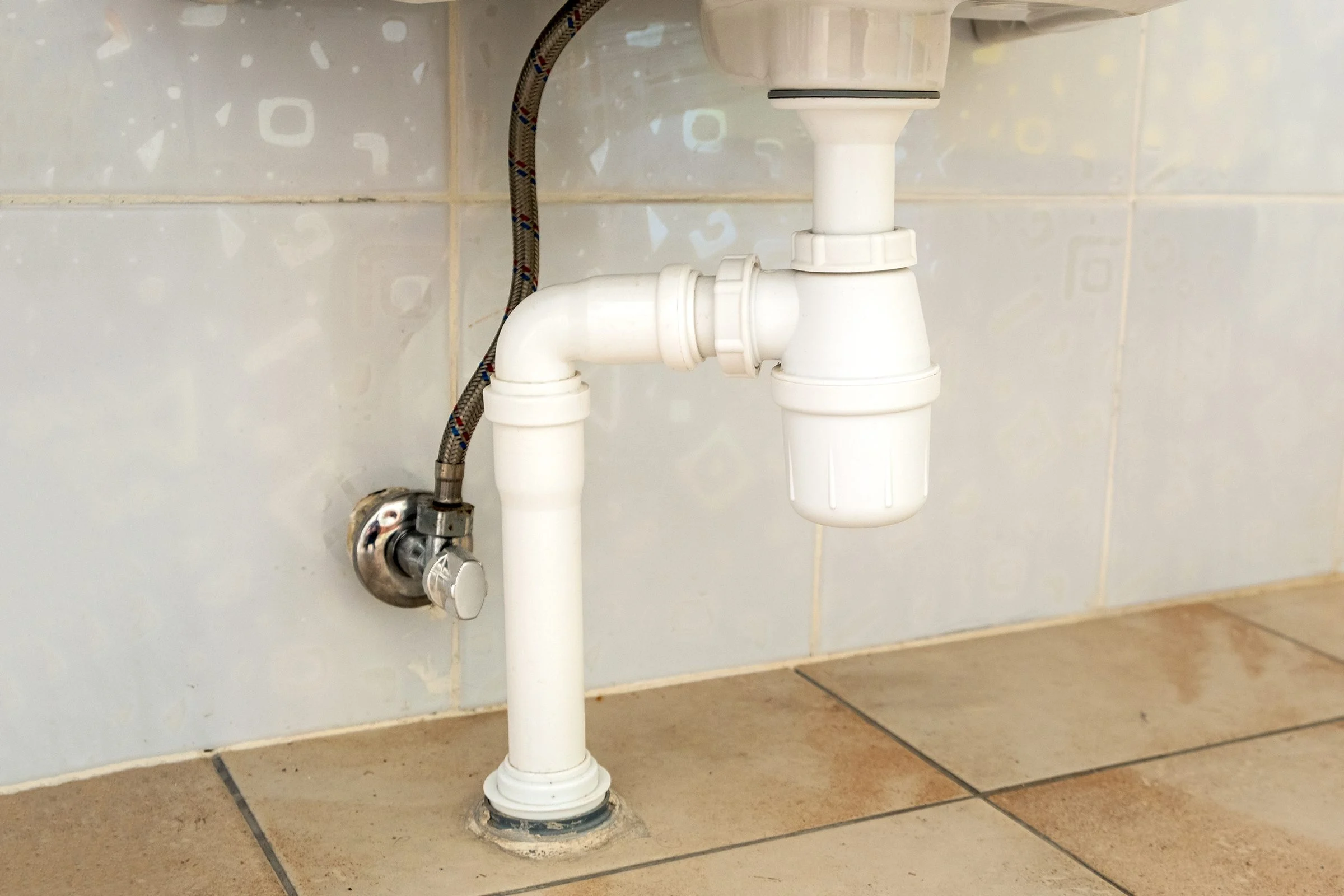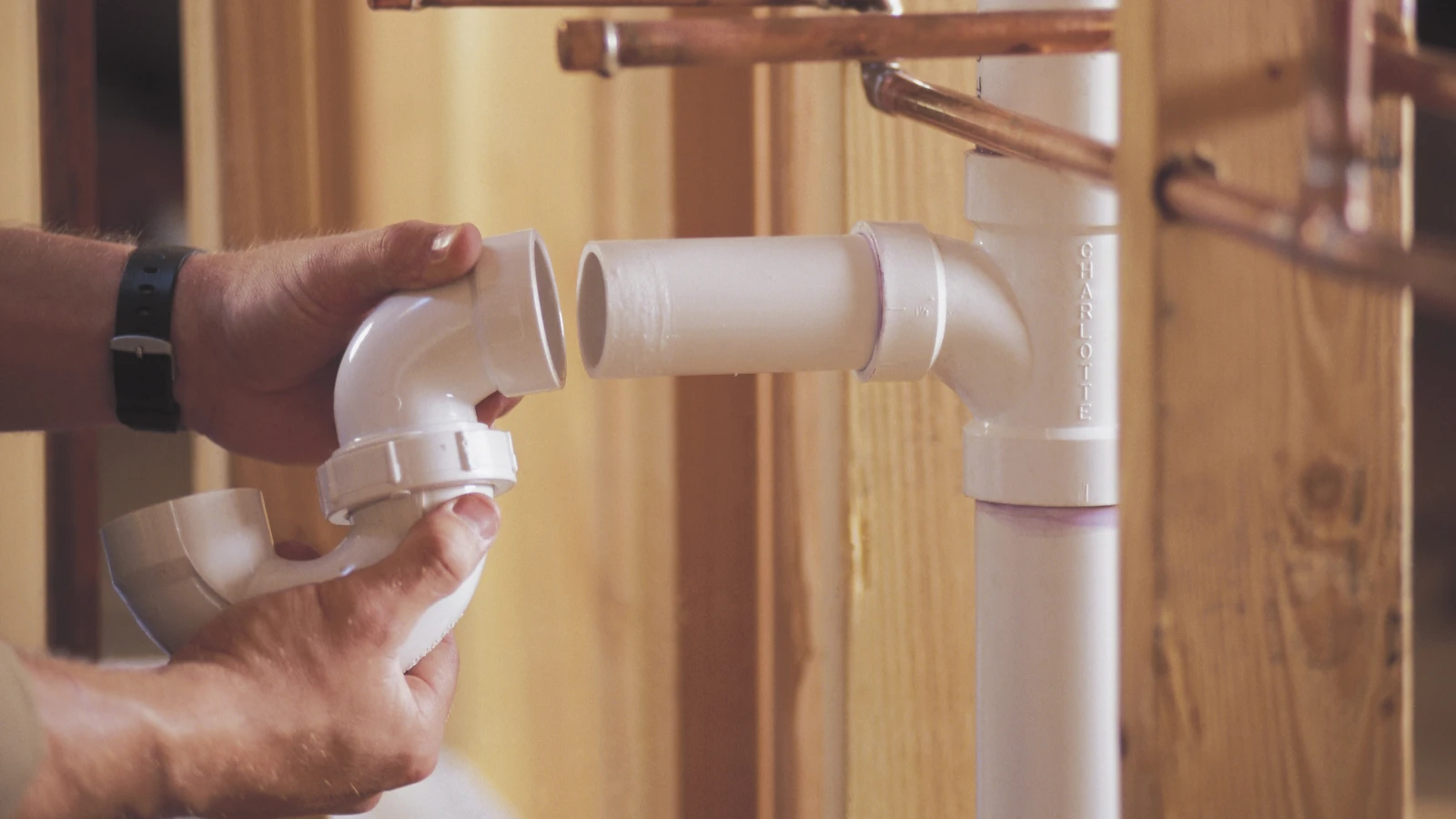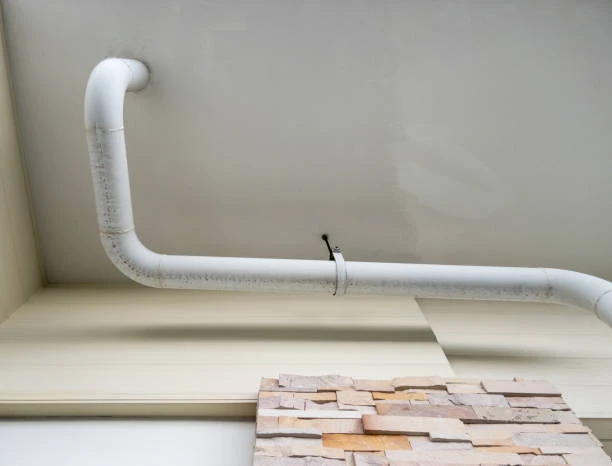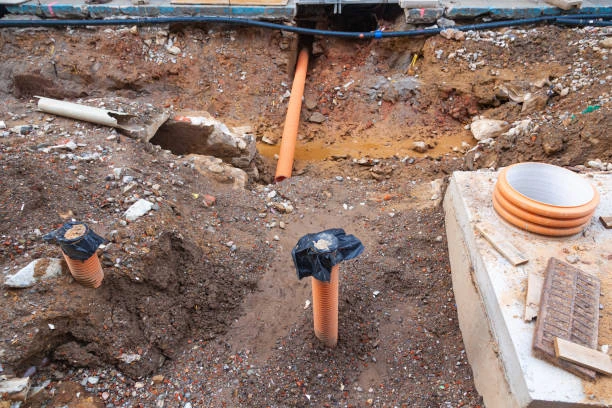The extension of anti-dumping duties on chlorinated polyvinyl chloride (CPVC) imports from South Korea and China has significant implications for the Indian plumbing industry, particularly concerning CPVC fittings. This article explores the reasons behind the anti-dumping duties, their impact on the market, and what it means for manufacturers and consumers alike.
What is CPVC?
Chlorinated polyvinyl chloride (CPVC) is a thermoplastic polymer widely used in plumbing systems, especially for its durability and resistance to corrosion and chemicals. CPVC fittings are crucial components in these systems, providing secure connections that prevent leaks and ensure efficient water flow. The popularity of CPVC fittings in residential and commercial plumbing applications has been steadily increasing due to their long lifespan and reliability.
Understanding Anti-Dumping Duties
Anti-dumping duties are tariffs imposed by a government on foreign imports that are priced below fair market value. The primary aim is to protect domestic industries from unfair competition. In the case of CPVC imports from South Korea and China, the Indian government has extended these duties to safeguard local manufacturers who argue that they cannot compete with subsidized prices from these countries.

Reasons for the Extension
1. Unforeseen Circumstances
- Natural Disasters: Events such as earthquakes, floods, or hurricanes can disrupt plans, making it impossible to meet deadlines.
- Health Emergencies: Illnesses, whether personal or affecting a larger group (like a pandemic), can hinder progress on tasks.
2. Resource Availability
- Insufficient Resources: If necessary materials, finances, or personnel are not available when needed, it may be necessary to extend deadlines.
- Supply Chain Issues: Delays in the supply chain can affect project timelines, especially in manufacturing or construction.
3. Complexity of Tasks
- Increased Scope: As projects progress, additional requirements or complexities may emerge, necessitating more time to complete tasks effectively.
- Technical Challenges: Unexpected technical difficulties or complications can arise, requiring additional time to resolve.
4. Stakeholder Input
- Feedback Loops: In collaborative projects, the need for input from stakeholders can delay progress. Extended review periods may be necessary to incorporate feedback.
- Approval Processes: Lengthy approval processes for budgets, designs, or changes can lead to delays, prompting extensions.
5. Quality Assurance
- Focus on Quality: Sometimes, the desire to maintain high-quality standards leads to extensions. Rushing a project may compromise results, so additional time is requested to ensure thoroughness.
- Testing and Evaluation: Extended timelines may be needed for comprehensive testing or evaluation phases to ensure all aspects meet required standards.
6. Academic Considerations
- Student Challenges: In educational settings, students may face personal challenges that impede their ability to meet deadlines, such as family obligations or mental health issues.
- Curriculum Adjustments: Changes in curriculum or teaching methods may require additional time for students to grasp new material fully.
7. Legal and Regulatory Requirements
- Compliance Issues: Adhering to new regulations or legal requirements may necessitate more time to ensure that all aspects of a project comply with the law.
- Contract Negotiations: Extensions may arise during contract negotiations, allowing parties to reach mutually agreeable terms without rushing.
8. Technological Factors
- System Failures: Technical malfunctions or failures in software or hardware can cause significant delays, leading to requests for extensions.
- Upgrades and Training: Implementing new technologies or systems may require additional training and transition time.
Impact on the CPVC Fittings Market
The extension of anti-dumping duties is likely to have several effects on the CPVC fittings market in India:
1. Increased Prices for Consumers
While the duties aim to protect domestic manufacturers, they may lead to higher prices for consumers. With limited competition from cheaper imports, manufacturers may pass on the increased costs of production to consumers, potentially making CPVC fittings more expensive.
2. Shift in Supply Chain Dynamics
Manufacturers may need to adapt their supply chains to cope with the extended duties. This could involve sourcing raw materials locally or investing in technology to enhance production efficiency. Companies might also look to expand their product offerings to maintain competitiveness.
3. Encouragement of Domestic Production
With increased protection from foreign competition, local manufacturers may invest more in research and development, leading to innovations in CPVC fitting designs and applications. This could ultimately benefit consumers through improved products.

Consumer Awareness and Choices
Consumers should be aware of the implications of the extended anti-dumping duties when considering fittings for their plumbing needs. Here are some tips to keep in mind:
1. Research and Compare Products
Before making a purchase, consumers should research different manufacturers and compare the quality, price, and warranties of various CPVC fittings. Understanding the options available can help ensure informed decisions.
2. Seek Professional Advice
Consulting with plumbing professionals can provide valuable insights into the best CPVC fittings for specific applications. Experts can help navigate the choices available and recommend products that meet local standards.
3. Consider Long-Term Value
While cheaper imports may have been appealing, investing in high-quality fittings from domestic manufacturers can lead to better long-term value. Quality fittings often result in fewer repairs and replacements over time, making them a more economical choice.
Conclusion
The extension of anti-dumping duties on imports from South Korea and China reflects the Indian government’s commitment to protecting its domestic industry. While this move aims to bolster local manufacturers and ensure quality, it may also lead to increased prices for consumers. By understanding these dynamics, homeowners and professionals can make informed choices regarding fittings for their plumbing systems.
Frequently Asked Questions (FAQs)
1.What are CPVC fittings used for?
- CPVC fittings are used in plumbing systems to connect pipes and create secure, leak-proof joints.
2.How do anti-dumping duties affect prices?
- Anti-dumping duties can lead to higher prices for consumers as domestic manufacturers may raise prices due to reduced competition from cheaper imports.
3.Are Indian CPVC fittings of better quality than imports?
- Many local manufacturers emphasize that their products meet higher quality standards suited for Indian conditions, though this can vary by brand.
4.What should I consider when purchasing CPVC fittings?
- Consider the manufacturer’s reputation, product quality, warranty, and suitability for your specific plumbing needs.
5.Will the anti-dumping duties affect the availability of CPVC fittings?
- While it may limit the variety of imported options, domestic manufacturers are likely to increase production to meet demand, maintaining availability.


















